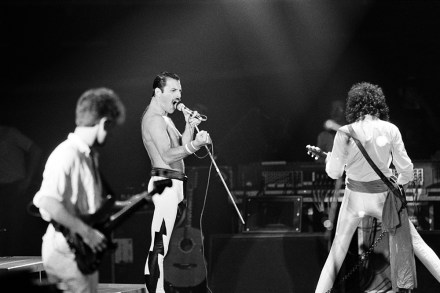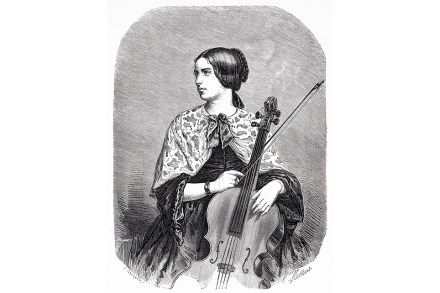A middle-aged man’s guide to ageing gracefully
Middle-aged men might be feeling persecuted at the moment. But we bring so much of the opprobrium upon ourselves. The MasterChef host Gregg Wallace has, it should be remembered, not been charged with any crime. But the allegations of his inappropriate, predatory and downright cringe-worthy behaviour towards women have inspired the kind of reaction among my male colleagues and friends that I haven’t heard the likes of since the arrival of David Brent and The Office some 20-plus years ago. Nobody finds your Tommy Cooper impression funny because the only other person old enough to remember Tommy Cooper is outside hectoring a stranger about the smoking ban ‘You don’t understand,




















